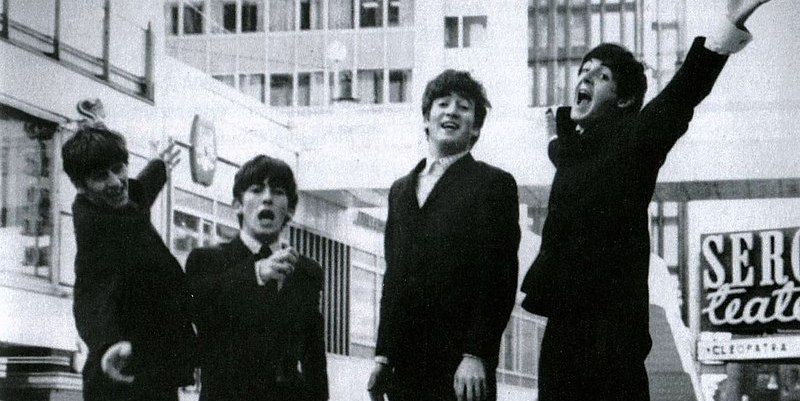
Craig Brown on Bringing Humor to Writing About The Beatles
The Author of One Two Three Four on the Baillie Gifford Prize Podcast, Read Smart
This episode of the Read Smart Podcast features host Razia Iqbal speaking to Craig Brown about his book One, Two, Three, Four: The Beatles in Time, which won the Baillie Gifford Prize in 2020. Brown’s book has been described by The Guardian as “not a biography so much as a group portrait in vignettes, a rearrangement of stories and legends whose trick is to make The Beatles gleam anew.” One Two Three Four is a kaleidoscopic and unique exploration of the timeless band. In the podcast, the originality of the book is explored, alongside how Brown feels ahead of the winner announcement.
*
On writing humorously
Craig Brown: I’m by sort of profession a humorist by inclination, I think. And so I suppose I’d have felt I was sort of shortchanging people if I wasn’t doing jokes. But of course, with the Beatles, you get this extraordinary kind of Cinderella story of these four people, completely unknown working class boys from Liverpool becoming the four best known people in the world in the space of a few years. And then what that does to them and their characters, and you have all the music and you have all the people around them, but with the people around them, there is a lot of humor because obviously they attracted all kinds of eccentric, peculiar, devious hangers on.
*
On differentiating One Two Three Four from other books on The Beatles
Craig Brown: There are these encyclopedic works and a lot of very, very good books. And to me, they’re all fascinating. There’s hardly a dud one amongst them. Some days I thought, you know, what have I got to write? I mean, what’s left for me? How can I add anything to this extraordinary story?
And then on other days, if I was feeling optimistic, I’d think, oh, well, actually, all these other books have just given me the license to do exactly what I want. Because if you want the basic Beatles story, then you can kind of look elsewhere. But I can go down all these strange paths. I can do a bit of travelogue and I can do a bit of autobiography, and I can choose to focus on apparently minor figures.
*
On his interest in Brian Epstein
Razia Iqbal: You begin and end the book with Brian Epstein. Just talk us through your thoughts about him and what drew you to him to kind of bookend the book in the way that you do.
Craig Brown: I always like a kind of symmetry in a book. So the book both begins and ends with Brian Epstein going down the steps of the Cavern.
He was descending into a kind of personal hell. And The Beatles, for all their kind of youth and their wildness and the mistakes they made, they all came out at the end of it. They were all alive. They were all kind of thriving in their various ways. They had gone through drugs. They’d gone through lots and lots of things, but they were survivors.
And Brian Epstein seemed like the grown up. He was always in a tie. He had short hair, he was the organized one but in fact he was taking far more drugs than them. He was being blackmailed, he was living in fear because he was in homosexual.
I was particularly interested in him just as a sort of counterpoint to the Beatles. And so I both begin and end with him.
_________________________
The podcast is generously supported by the Blavatnik Family Foundation. Follow @BGPrize on Instagram, Facebook, Twitter, TikTok and YouTube.
Read Smart
To mark 21 years of rewarding the best non-fiction writing, The Baillie Gifford Prize has launched a new podcast generously supported by the Blavatnik Family Foundation. This series is hosted by Razia Iqbal, special correspondent at BBC. Each episode celebrates a fantastic backlist of winners and go behind the scenes at the 2019 prize, from the longlist through to the winner announcement.



















